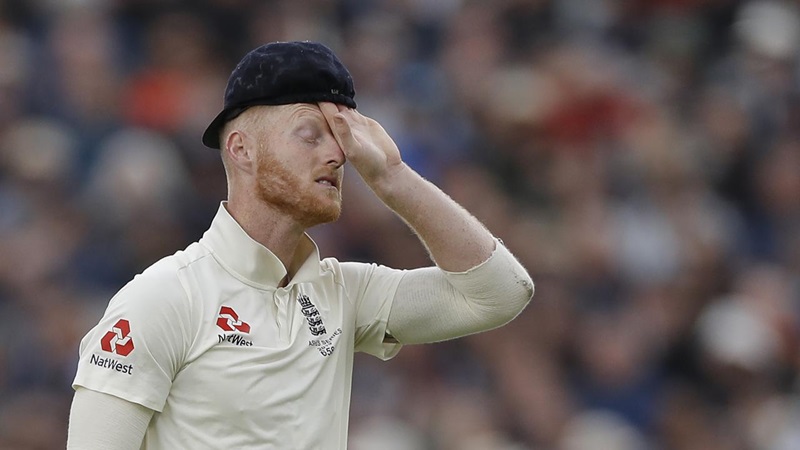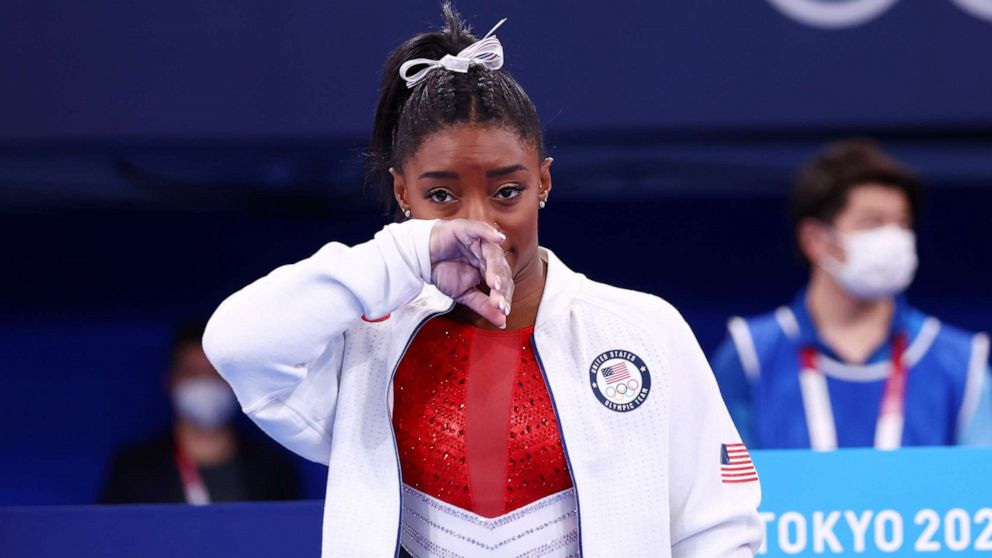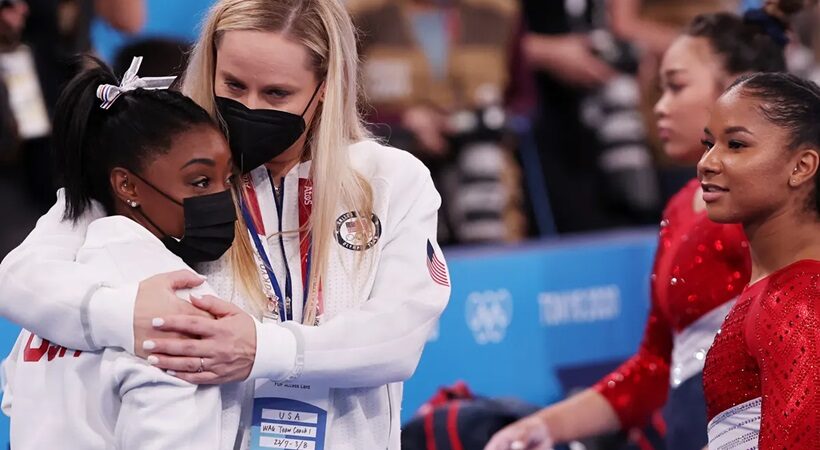Mental health was a huge cause of concern even before the Covid-19 came into our lives. According to a 2019 report published by the Indian Council of Medical Research (ICMR) and the Public Health Foundation of India (PHFI), some 197.3 million people lived with mental disorders across the globe. The issue has only worsened during the pandemic that claimed several lives and resulted in economic miseries. When Coronavirus started spreading its tentacles globally, about 4 in 10 adults in the US reported symptoms of anxiety or depressive disorder, a significant rise from one in 10 to report these symptoms from January to June 2019. In India, Senior citizens, one of the groups highly vulnerable to coronavirus, saw their mental health going down drastically in the midst of Covid. It has been reported that mental health disorders spiked by 50% among senior citizens in these tough times. The other thing that has come to light is the fact that presently over 65 percent of those aged between 18-24 years in India suffer from depression. All these numbers point to the fact that mental health disorder is a global phenomenon requiring redressal at the earliest or else get blown away by this ticking time bomb into bits and pieces.
Stokes is the latest casualty

In the context of these startling figures, the abrupt exits of sportspersons from major tournaments over mental health issues assume a lot of importance. The latest victim of this ailment happens to be England’s star all-rounder Ben Stokes. The ace cricketer had announced his unavailability a few days back for the all-important 5-Test series between India and England to take care of his mental health. Reacting to the same, former India cricketer Sunil Gavaskar made an interesting observation: “If Stokes could come out and say this is the (exact) reason, it will help a lot of younger players who would be undergoing the same situation, they would think it’s not just them, and that even a great player like Stokes is facing a situation like these.” So, this proves that the problem of mental health could affect anyone and Stokes will not be the last one to suffer the same.
Biles’ burnout at the Olympics ’20

Many players in the past have articulated their thoughts on the value of mental health and some even took impromptu breaks to address the issue. The withdrawal of Simone Biles from the Tokyo Olympic 2020 Gymnastic event to focus on mental health is a testimony to the fact that the issue is no longer restricted to academic discussions and is gradually making its way into mainstream discourse. In fact, Biles’s decision had the backing of her sponsor Athleta, “Being the best also means knowing how to take care of yourself. We are inspired by her leadership today and are behind her every step of the way.” This once again underscores the importance of according high priority to matters of mental health and drives home the point that many more from the sporting arena will experience mental fatigue going forward.
Prioritise The Issue
With Covid-19 showing no signs of abatement, the sportspersons have to prepare themselves to live with the invisible enemy for some more time. For players, it means leaving one bio bubble to join another. Living in these bubbles would severely test sportspersons’ mental strength and this would prompt more and players to seek temporary exemptions from national or international duties. Hence, it goes without saying that the time to give priority to the mental health aspect has been long overdue and it is very much integral to lead a stress-free life. The sports bodies or federations across the world must acknowledge the problem and allow the players absolute freedom to tackle the issue the way they desire. After all, the world of sports would be poorer without its priceless ambassadors like Stokes or Biles.



















